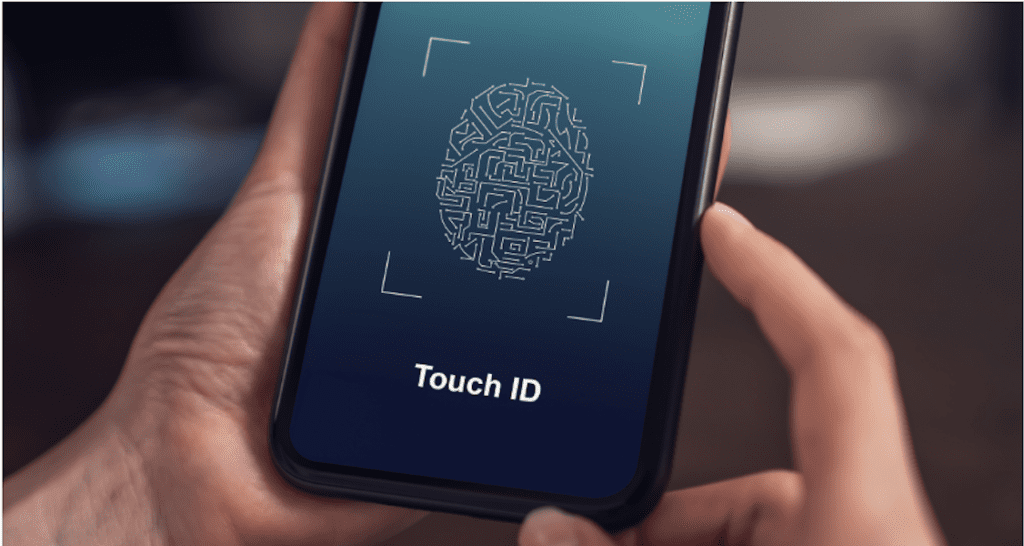Depending on where you live in the United States, and the kind of business you are in, you have likely heard something or other about driver’s licenses going digital. Many states are exploring the value, feasibility and various approaches to issuing driver’s licenses to our mobile phones. There are a wide variety of factors, players and influences that are presenting themselves as Mobile Driver’s Licenses (mDLs) make their way to the mainstream. Let’s take a closer look at what mDLs may mean for all of us and what it is going to take to drive their adoption.
The Current State of mDLs
The notion of an mDL has been around for about a decade with technologies beginning to align in the 2014 as smart phone technology matured. Each major provider of traditional driver’s licenses assembled teams and technical approaches to support the inevitable interest in going digital. Some pure digital players also joined the mix. Today, there is a healthy group of vendors working hard to win favor with states for their technical and business approaches to serving up mDLs to the public.
What’s Driving the Movement to mDLs?
Across stakeholder groups, the desire to do business with individuals over digital channels is growing stronger, driving innovations like mDLs. As in any market, utility and “real-value” drive adoption and interest. In the case of mDLs, the digital economy is after the trustworthiness that mDLs represent. The US government has come to trust the driver’s license identity proofing process as the most dependable for asserting identity. To date, this level of universal trustworthiness has been absent from the digital domain and is the reason why so many technology providers are eager to stake their claim. Brokering the exchange of identity assurance between parties in our digital economy creates immense value, so there will be steep competition among players to secure their roles in the ecosystem.
In a world now enjoying the benefits of electronic payments and other “touchless” transactions, mDLs’ ability to bring high-value identity assurance to bear is incredibly valuable. That value was only further amplified with the onset of COVID-19. While we are now seeing a robust set of vendors vying to win the opportunity to supply states with mDL solutions, the digital ecosystem is impatient and will not wait indefinitely.
When should we expect to see mDLs in use at scale?
The key to wide-sweeping mDL success is ubiquity. The goal is not simply widespread usage, but the ability to present and use an mDL across the country—or even the world—without the concern that it will not be accepted.
As a nation, we trust US jurisdiction-issued driver’s licenses unanimously. In order to achieve universal adoption, the same must hold true for mDLs. If each state mDL behaves differently, interoperates differently, manages security and privacy differently, or is trusted differently, it is highly unlikely that mDLs will deliver on their promise.
This is exactly the reason why states are working together through their partnership with the American Association of Motor Vehicle Administrators (AAMVA)—to drive a standards-based approach that ensures universal success.
Largely influenced by AAMVA’s leadership, the ISO 18013-5 standard for mDL interoperability was developed to ensure a common thread when it comes to the interoperability of mDLs. At Kuma, we have also been proudly partnering with AAMVA to help define and solicit stakeholder input regarding a mDL Digital Trust Service. This service would provide a centralized means through which state driver’s license agencies can safely assert themselves as “trusted” issuers of mDLs per the ISO 18013-5 standard.
These efforts are combining to pave the way forward so states can safely, efficiently, and confidently invest in their mDL programs.
What’s at Stake?
Successful mDL programs all hinge upon one thing: trust. More specifically, a reciprocal trust between individuals and federal and state agencies. Individuals need to trust that the state DMV issuing the mDLs are delivering a safe, privacy-enhancing and secure solution. State and Federal agencies, as well as commercial entities, need to trust the mDLs they are presented are authentic to the Issuing Authority (state DMV, State police, etc.). Finally, those same parties who rely upon the resiliency of the mDL to conduct business need to trust that the processes in place regarding security, privacy and interoperability are being adhered to universally.
So what does this mean in terms of real action? It means that the issuers of mDLs, in conjunction with AAMVA, need to continue to align themselves to universal rules of the game, including:
- Privacy: Individuals should be confident that their personally identifiable information, tendencies, and actions will not be used inappropriately. Issuers of mDLs, as well as the organizations that accept them, need to be mindful that the public has been awakened to the importance of data privacy (eg: Apple’s recent privacy-themed advertising campaigns).
- Security: Failures to protect the elements of the mDL value chain could significantly limit the adoption, trust and long-term success of mDLs. Defining and adhering to a discrete set of policies, with an accountability mechanism defined, is imperative.
- Ease of Adoption: If mDL ubiquity were dependent on government and commercial relying parties to manage 50+ interfaces, approaches and relationships it is unlikely mDLs will cross the chasm. This is why efforts like AAMVA’s proposed mDL Digital Trust Service are so important. By centralizing the ability to establish trust in the issuer of the mDL, the Digital Trust Service ensures that the rest of the process can continue with confidence.
With these subjects cared for, the likelihood that mDL programs achieve success nationally (and even globally) is greatly improved.
What’s next for mDLs
These next few weeks will be important in shaping the future of mDLs and mDL ecosystem infrastructure. Later this month, AAMVA Jurisdictions, Associate Members of AAMVA and various stakeholders will gather for the AAMVA International Conference where mDLs will no doubt garner a fair share of attention. The AAMVA Board of Directors will also convene during this time to set its budget as well as priorities for the upcoming fiscal year. One of the most critical items to be addressed is funding for a MVP version of the mDL Digital Trust Service. Approval to proceed will spark the next level of collaboration and progress toward bringing mDLs to market at scale.
As recent upticks in COVID-19 cases cause renewed concerns for shutdowns, the ISO and AAMVA are nearing closure on the 18013-5 standard and bringing constituent jurisdictions together to motivate ubiquity. With all these events coalescing, the next year stands to be an exciting time for digital identity.


